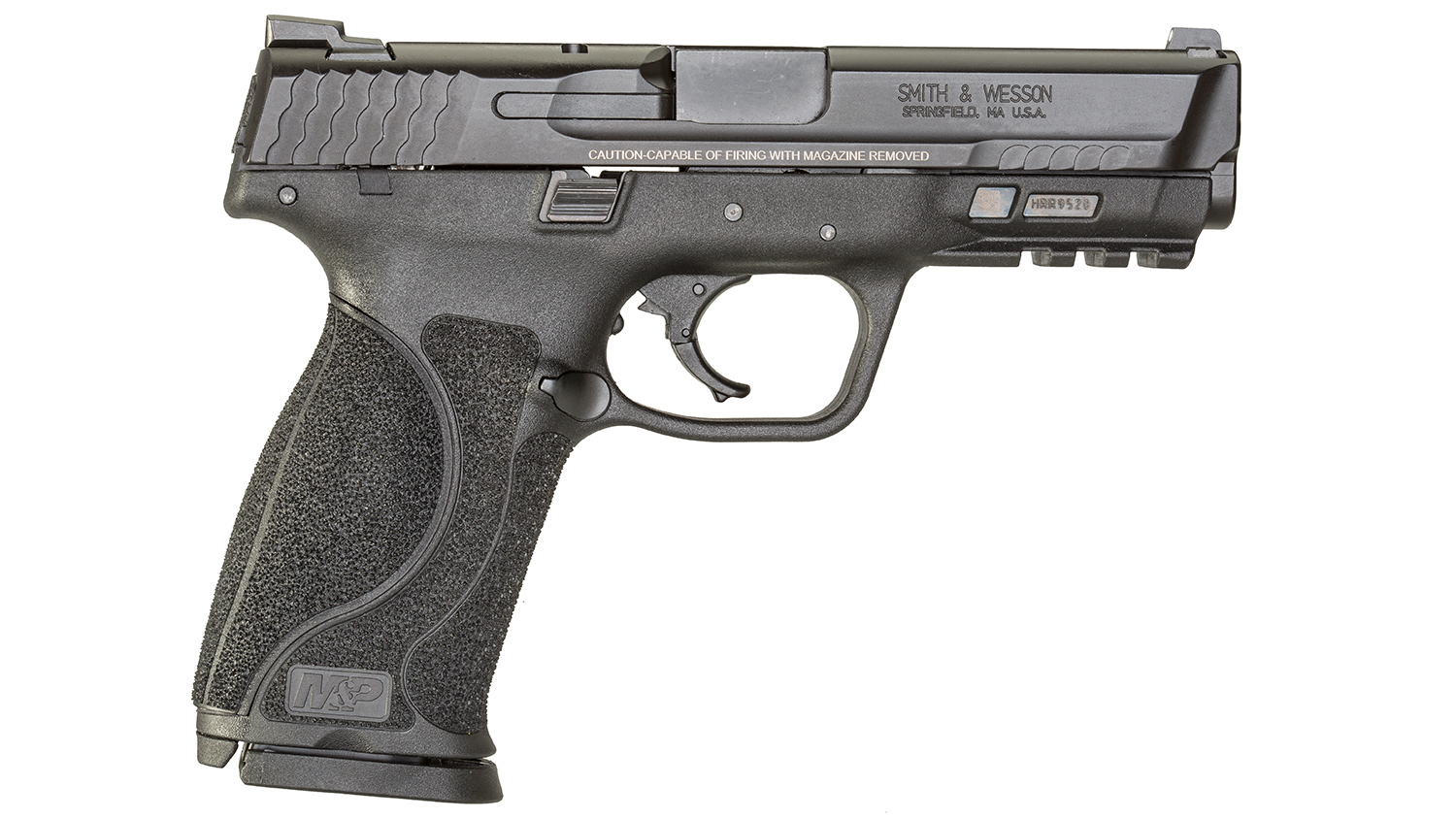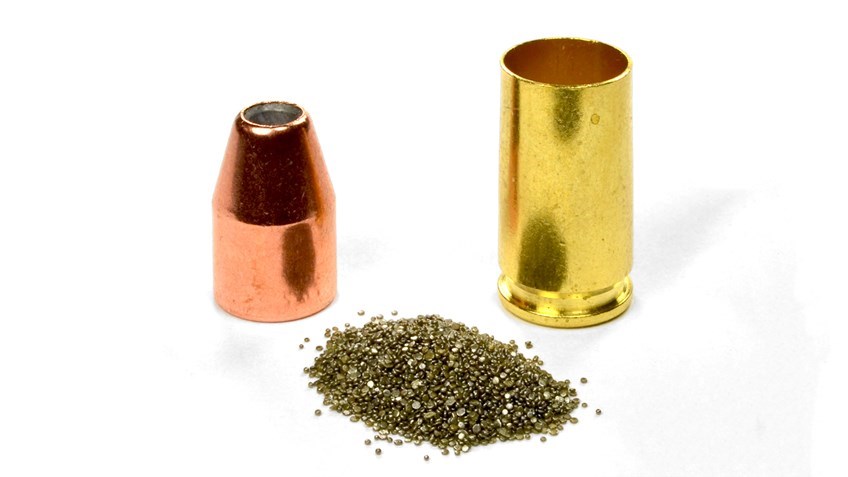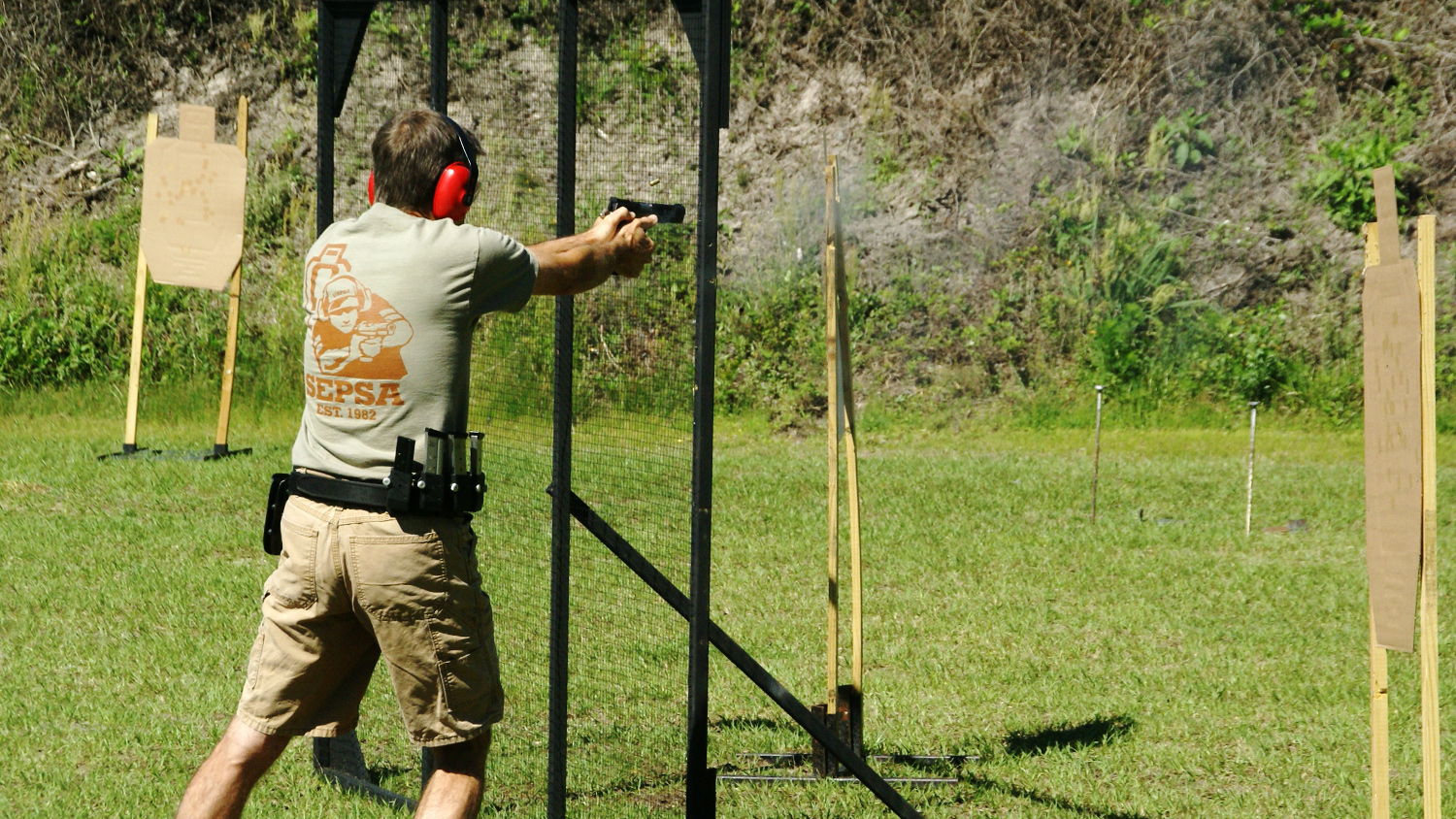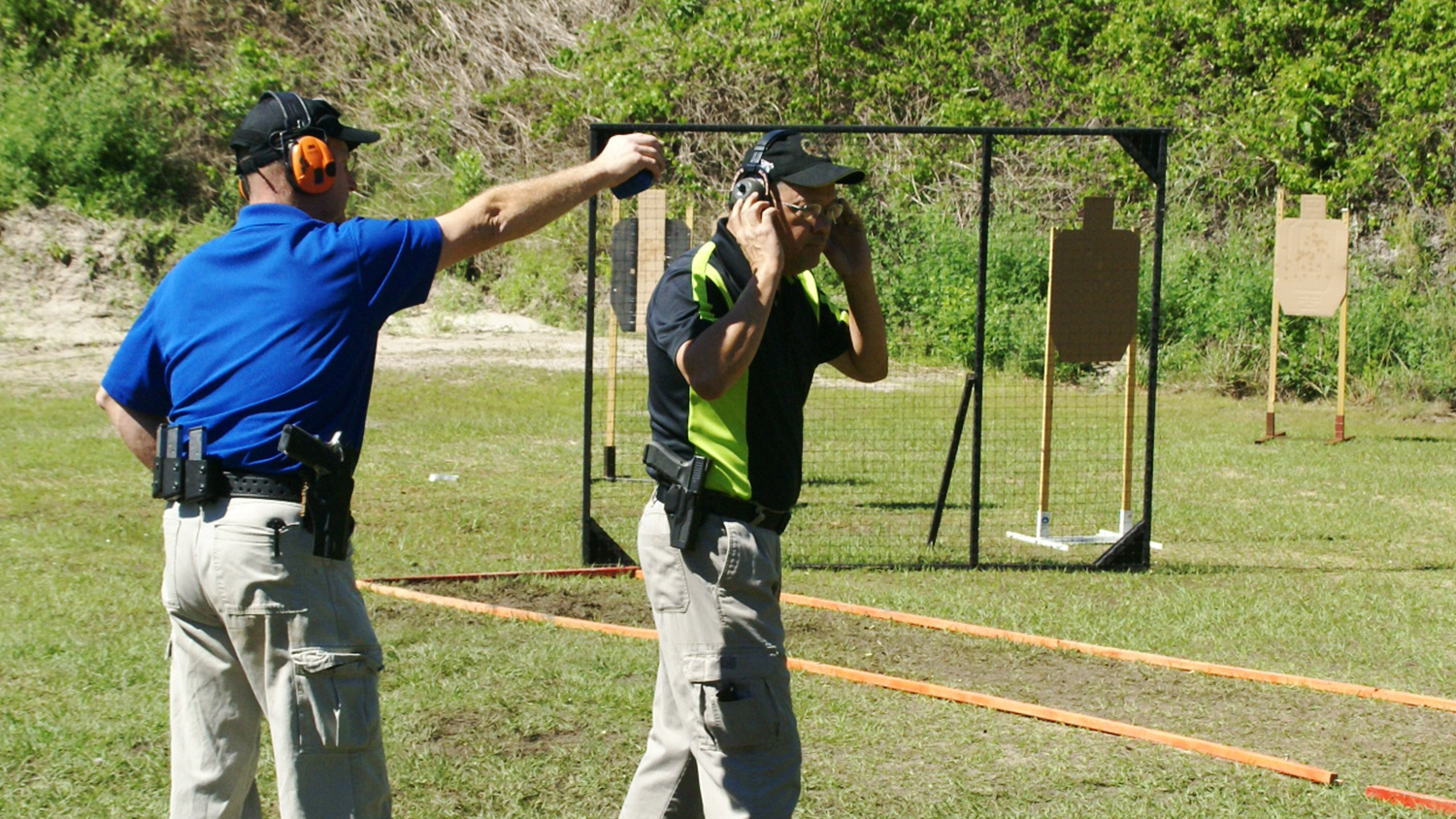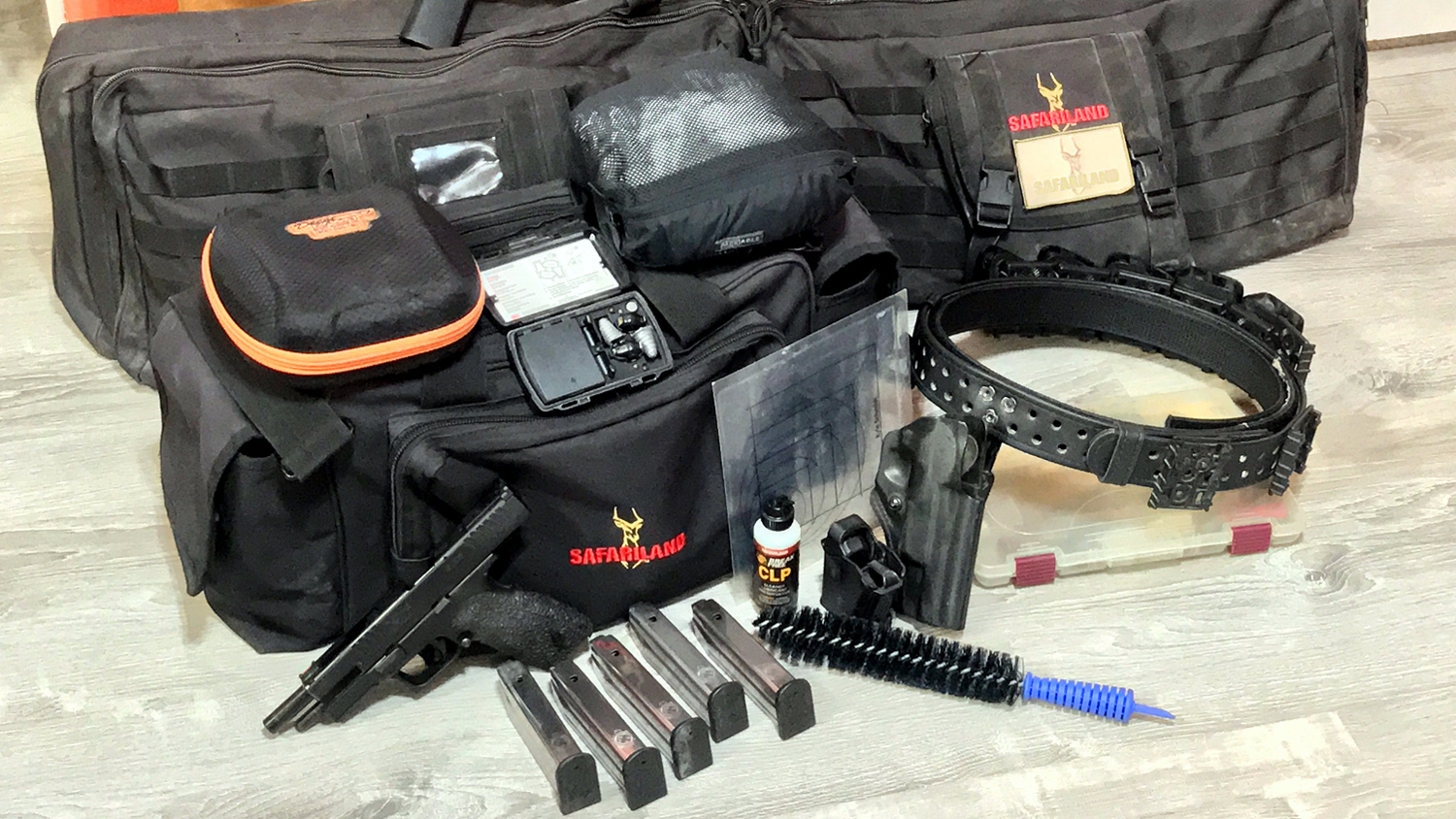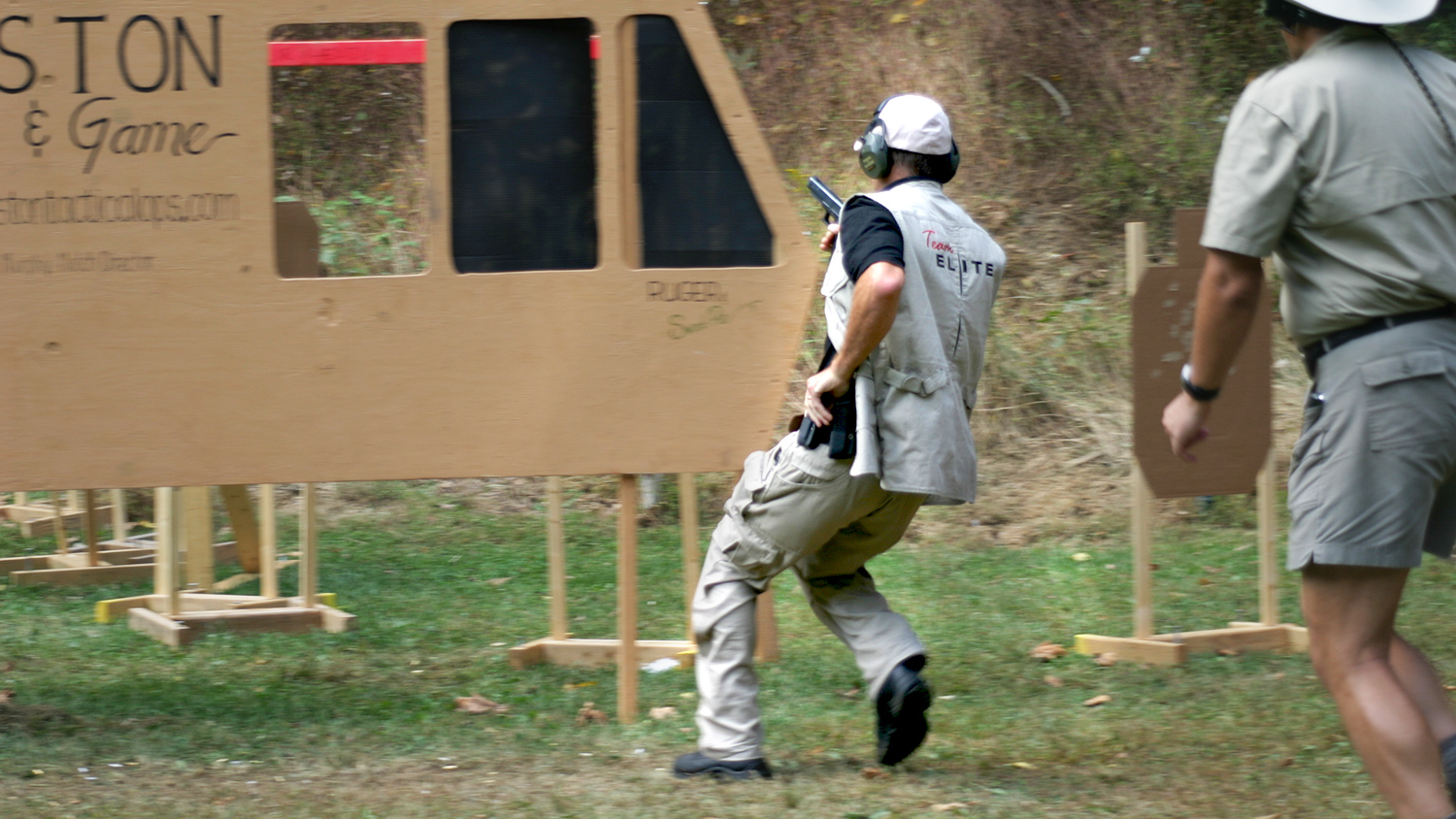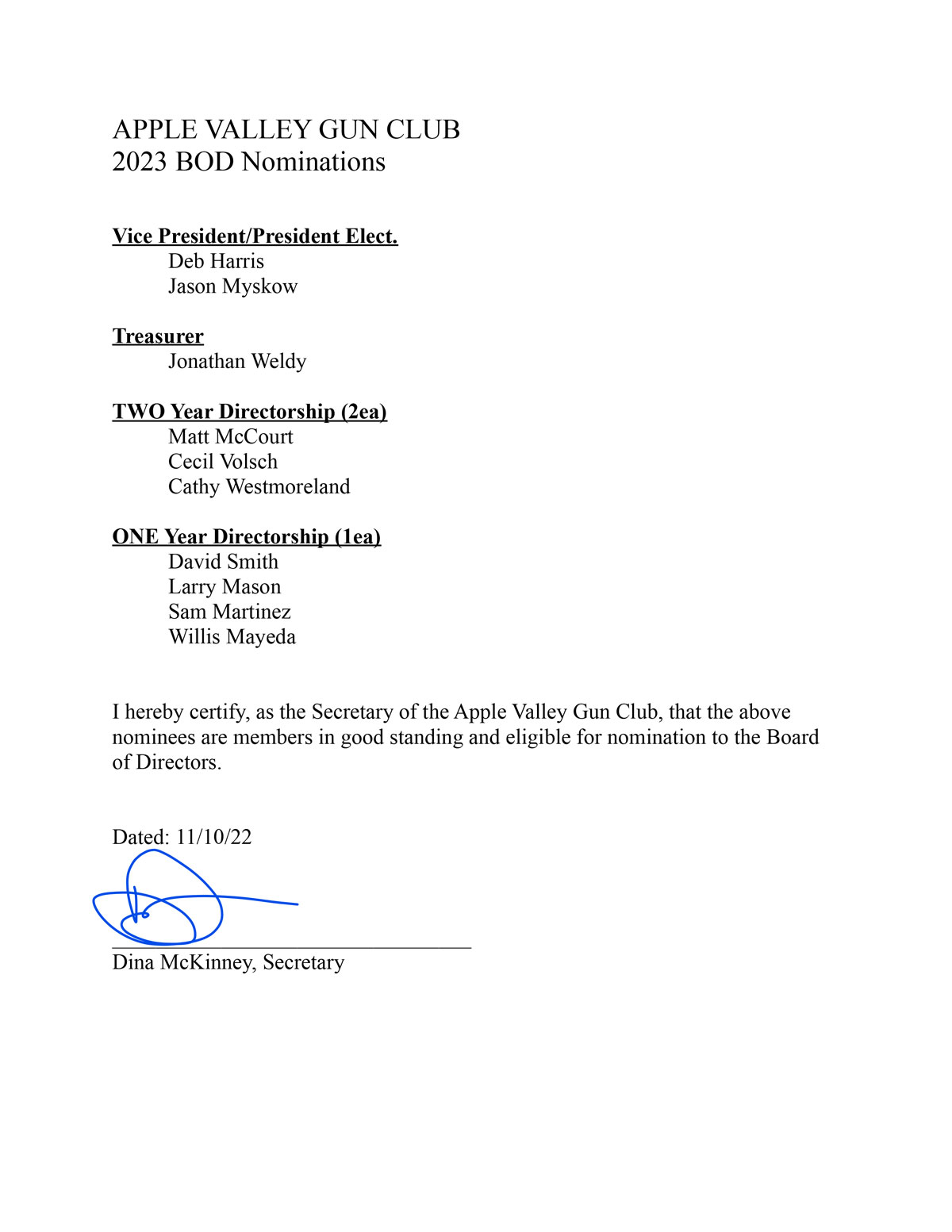January 2023 Legislation/Litigation Update
January Focus— Some major news regarding gun control lawsuits!
A status conference on Miller v Bonta, Duncan v Bonta, and Rhode v Bonta was held 13 December in Judge Benitez’ court.
The judge, at a conference on December 12, required that the state defendants meet and confer regarding a survey or spreadsheet of relevant statutes, laws, or regulations in chronological order. The listing shall begin at the time of the adoption of the Second Amendment and continue through twenty years after the Fourteenth Amendment. The judge specified what information is to be provided regarding each cited statue/law/regulation supporting the state’s position that there is historical precedent for the relevant gun control. Defendants may create a second survey covering a period following the first list. The survey list must be filed within 30 days of the conference and parties may file a brief, up to 25 pages, within 30 days thereafter focusing on relevant analogs. Briefs will be due no later than February 10, 2023.
Miller v Bonta is the challenge to the “assault weapon” ban, Duncan v Bonta is the challenge to the “High-Capacity Magazine” ban, and Rhode v Bonta is the challenge to the state requiring background checks for ammunition purchases.
A lawsuit filed against the “fee shifting” provisions of SB1327 that has been ruled on by US Judge Roger Benitez of the Southern District of California. The “fee shifting” would have required anyone suing California or any local jurisdiction over Second Amendment rights be liable for the government’s legal fees if not completely successful. California Attorney General Rob Bonta notified the Governor and the court that the state Attorney General’s Office would not defend this law in court. Judge Benitez struck down the “fee shifting” part of the law as unconstitutional.
Legislation
California AB 28, as introduced, Gabriel. Firearms: gun violence protection tax.
Existing law imposes various taxes, including taxes on the privilege of engaging in certain activities. The Fee Collection Procedures Law, the violation of which is a crime, provides procedures for the collection of certain fees and surcharges.
This bill would state the intent of the Legislature to enact legislation that would enact a tax to fund measures to protect against gun violence on firearms and ammunition.
California AB 29, as introduced, Gabriel. Firearms: California Do Not Sell List.
Existing law makes possession of a firearm by certain classes of persons, including a convicted felon, a person convicted of specified misdemeanors, a person has been found mentally incompetent to stand trial, a person has been found not guilty of specified crimes by reason of insanity, or a person has been placed under conservatorship, a crime. Existing law additionally makes it a crime to sell or give possession of a firearm to these classes of persons prohibited from owning a firearm.
Existing law requires the Department of Justice, upon submission of firearm purchaser information by a licensed firearm dealer, to examine its records to determine whether a potential firearm purchaser is prohibited by state of federal law from possessing, receiving, owning, or purchasing a firearm. Existing law requires the department to participate in the National Instant Criminal Background Check System.
This bill would require the Department of Justice to develop and launch a secure Internet-based platform to allow a person who resides in California to voluntarily add their own name to the California Do Not Sell List. The bill would require the department to ensure that information on the list is uploaded and reflected in the National Instant Criminal Background Check System. The bill would make it a crime, punishable as misdemeanor or a felony, to transfer a firearm to a person who is validly registered on the California Do Not Sell List. By creating a new crime, this bill would impose a state-mandated local program.
The bill would allow a person registered on the list to file a petition in Superior Court requesting to have their name removed from the registry. The bill would require the court to hold a hearing and order removal of the person’s name if they establish by a preponderance of the evidence that they are not at elevated risk of suicide.
The bill would require the State Department of Public Health to create and distribute informational materials about the California Do Not Sell List to general acute care hospitals and acute psychiatric hospitals. The bill would specify that a person presenting in a general acute care hospital or acute psychiatric hospital who is at a substantially elevated risk of suicide should be presented with these informational materials. The bill would specify that any suicide hotline maintained or operated by an entity funded in whole or in part by the state should generally inform callers on how to access the California Do Not Sell List Internet-based platform.
California SB 2, as introduced, Portantino. Firearms.
Existing law prohibits a person from carrying a concealed firearm or carrying a loaded firearm in public. Existing law authorizes a licensing authority, as specified, if good cause exists for the issuance, and subject to certain other criteria including, among other things, the applicant is of good moral character and has completed a specified course of training, to issue a license to carry a concealed handgun or to carry a loaded and exposed handgun, as specified.
This bill would state the intent of the Legislature to enact legislation to address the United States Supreme Court’s decision in New York State Rifle & Pistol Ass’n, Inc. v. Bruen (2022).
Note: this is expected to basically be a re-introduction of SB-918, but as a normal bill rather than an emergency bill. As a result, this should only require a simple majority to pass each house of the legislature. Currently there are no details of action in the bill, so watch for a “gut and replace”.
California SB 8, as introduced, Blakespear. Firearms.
Existing law authorizes a court to issue a temporary gun violence restraining order prohibiting a person from possessing a firearm or ammunition if there is reasonable cause to believe that a person poses a significant danger of harm to themselves or to another person by having a firearm.
This bill would state the intent of the Legislature to enact legislation relating to gun violence prevention.
California SB 54, as introduced, Skinner. Firearms.
Existing law requires any firearm sold, transferred, or manufactured in this state to include certain firearm safety devices and the packaging of any firearm and any descriptive material that accompany any firearm to bear a label with a specified warning statement. Existing law makes a violation of these provisions punishable by a fine on the first offense, a fine and prohibition from the manufacturing or selling of firearms in this state for 30 days on the second offense, and a permanent prohibition from the manufacturing or selling of firearms in this state on the third offense.
This bill would make technical, nonsubstantive changes to these provisions.
Note: to find current, reliable information on any bill before the California legislature you can go to: https://leginfo.legislature.ca.gov/faces/home.xhtml
Litigation
The Fifth District Court of Appeals has declared the ATF’s “bump stock ban” unconstitutional. The ATF “redefined” the meaning of a machine gun to include semi-auto firearms with devices that increase their rate of fire. The ban was previously upheld by the Sixth and Tenth Circuits. With a divergence between appeals courts, that usually means the Supreme Court will decide the issue.
Nguyen v Bonta is a challenge to the California “1 in 30” law limiting purchases of handguns or center-fire semi-auto rifles to 1 in 30 days. The judge has asked for brief regarding how this case should be handled in light of the Bruen decision.
Campos v Bonta is a suit challenging the DOJ extending the period for completing background check for firearms purchases. The DOJ has been taking more than 10 days to process without appropriate justification. The trial court ruled that the state could only extend the period for specific reasons, as listed in the statute. We are watching for pending appeals.
Boland v Bonta is a new lawsuit challenging the California “Not-Unsafe” handgun roster. This case is progressing through the federal court system.
Rupp v Bonta, a challenge to the California Assault Weapon Bans, had been pending the Bruen decision. This case has been remanded back to the trial court for further proceedings consistent with the Bruen decision. This case is now scheduled behind the Miller v Bonta case, which also challenges the “Assault Weapon Ban”.
Young v Hawaii challenges the state of Hawaii carry restrictions. The certiorari petition was granted, the Supreme Court vacated the Ninth Circuit judgement, and remanded the case back to the Ninth Circuit Court of Appeals for further consideration in light of New York State Rifle and Pistol Association v Bruen. The Ninth Circuit remanded the case back to the trial court.
Jones v Bonta: A three judge panel of the Ninth Circuit Court of Appeals has ruled the California age-based centerfire semi-automatic rifle purchase ban is unconstitutional and that “the district court erred in not enjoining an almost total ban on semiautomatic centerfire rifles” for young adults. The opinion states that the District Court erred in applying intermediate scrutiny and not strict scrutiny. The trial judge has ordered briefs regarding how this case should proceed in light of the Bruen decision.
Doe v Bonta is a lawsuit filed by the NRA to block the release of gun owner’s personal information to UC Davis and other, unspecified, “research organizations” due to SB 173. Information has already been given to UC Davis and accidentally released to the public. The honorable Larry Alan Burns, the United States District Court Judge hearing the case, has ordered supplemental briefs regarding the effects of NYSRPA v Bruen on the standard to be used in deciding this case.
Renna v Bonta on the California Unsafe handgun roster has been remanded back to the trial court. Currently calendared for March of 2023.
Respectfully submitted,
David Smith




